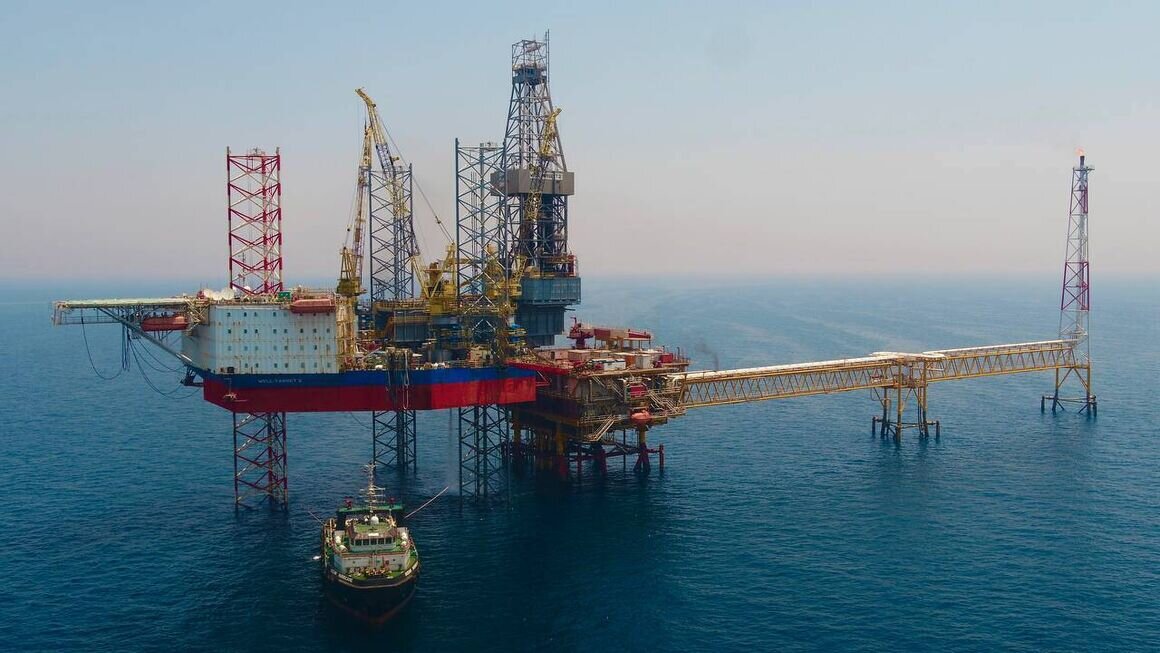
Similar Posts
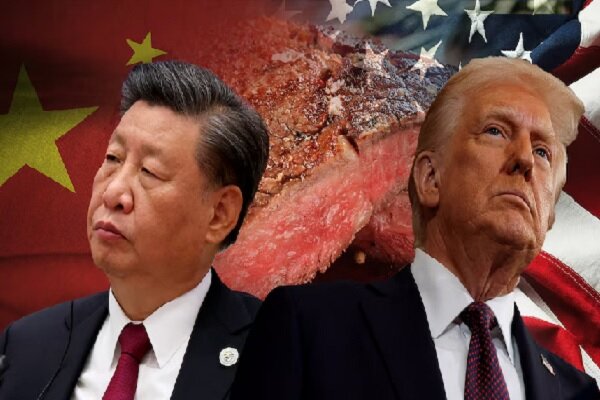
Australia Steps Up as US Beef Exports to China Come to a Halt
The US beef export situation to China is increasingly dire, with around 300 American abattoirs lacking renewed export licenses, allowing Australia to potentially fill the gap. Challenges intensified post-Trump’s tariffs, with the US Meat Export Federation noting that no US beef establishments have had their eligibility renewed by China. As a result, March beef shipments from the US have plummeted, jeopardizing the $1.6 billion worth of beef exported in 2024. Meanwhile, Australian beef exports to China surged nearly 40% in early 2023, capitalizing on US exporters’ difficulties. The ongoing trade disputes could have long-term implications for US competitiveness in the Chinese market.
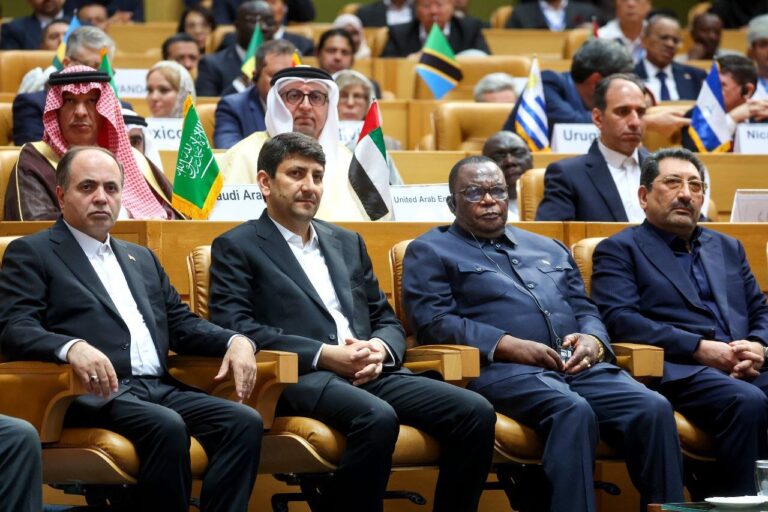
Iran Expo 2025: A Grand Showcase of Innovation and Culture Launches in Tehran
On April 28, 2025, Tehran hosted the 7th Exhibition of Export Capabilities of the Islamic Republic of Iran, known as Iran Expo 2025. This event highlighted Iran’s diverse export strengths in technology, agriculture, and industry, aiming to enhance international trade and attract foreign investment. Officials emphasized the importance of economic collaboration and diversifying export markets. The exhibition features workshops, networking events, and panel discussions to facilitate trade-related dialogue and partnerships. It also promotes cultural exchange among participants. Iran Expo 2025 represents a significant step toward strengthening Iran’s global market position and fostering long-term economic growth.

Iran’s Summer Struggles: No Light, No Water, No Plan – A Cry for Change
The situation in Iran has deteriorated for citizens due to government policies causing severe disruptions. A satirical video highlights how decisions impact daily life, with public sector workers adjusting to new hours from 6 a.m. to 1 p.m. to reduce electricity use, complicating childcare and commuting. Blackouts are frequent, affecting businesses and homes, while a water crisis exacerbates difficulties, especially for residents on higher floors. The government struggles with coordination and infrastructure issues, leaving families to cope with mounting challenges. As frustrations grow, the resilience of the Iranian people is increasingly tested amidst these pressing difficulties.
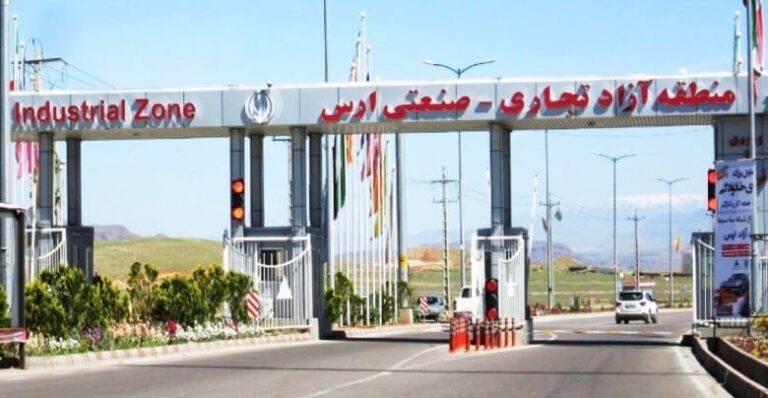
Unlocking Economic Potential: How the AFZ is Driving Iran’s Economic Growth
The Aras Free Trade – Industrial Zone in Northwest Iran is a key commercial hub bordering Armenia, Azerbaijan, and Nakhichevan, fostering strong regional trade relations. Home to over 200 industrial units, it significantly contributes to Iran’s economy, particularly through agricultural exports to Russia and investments in solar energy. Expanded in 2008 to 51,000 hectares, the zone offers numerous advantages for investors, including skilled labor, low energy costs, customs exemptions, and a 20-year tax holiday for various activities. With robust infrastructure, including railway and road access, the Aras Free Zone presents ample opportunities for domestic and foreign businesses.
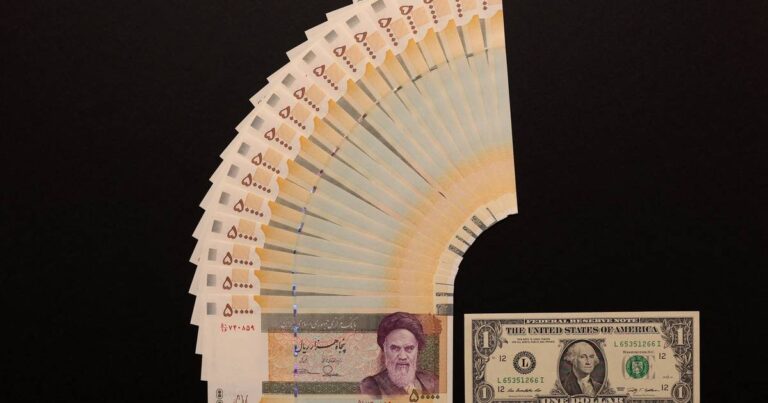
Iran’s Rial Crashes to Historic Low: Surpasses 1 Million per Dollar in Unprecedented Freefall
Iran’s currency, the rial, has plummeted to a record low of 1,039,000 rials per US dollar, exacerbating the country’s economic crisis amid stalled nuclear negotiations with the US. Since President Masoud Pezeshkian took office in August, the rial’s value has halved, driven down by US sanctions, geopolitical tensions, and a challenging political climate. Inflation rates have soared above 40%, with essential goods experiencing price increases of nearly 100%. The Iranian government faces mounting pressure to implement reforms as citizens express growing concern over their financial stability and the future of the economy.
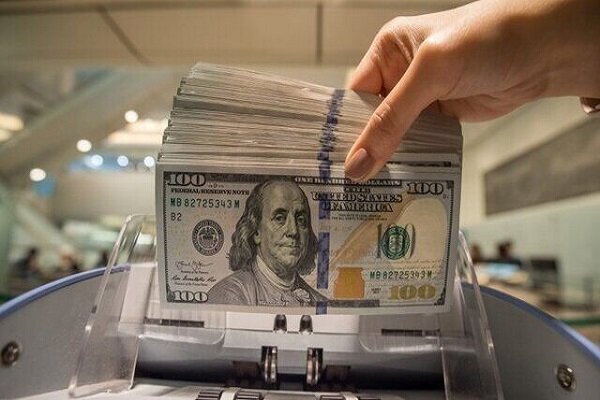
Unlocking Iran’s Hidden Wealth: The Mystery of Frozen Assets Abroad
US sanctions have severely affected Iran’s economy by limiting its access to foreign exchange reserves, essential for maintaining currency stability. The Iranian rial has devalued significantly, reaching a record low against the dollar, leading to increased costs for businesses reliant on foreign currency. As a result, inflation has surged. Iran’s leaders, including President Masoud Pezeshkian, have called for cooperation within parliament to address these challenges. Billions in Iranian assets remain frozen abroad, complicating access to vital funds. Despite some sanctions waivers, the economic situation underscores the broader implications of international pressures on Iran’s sovereignty and economic functioning.